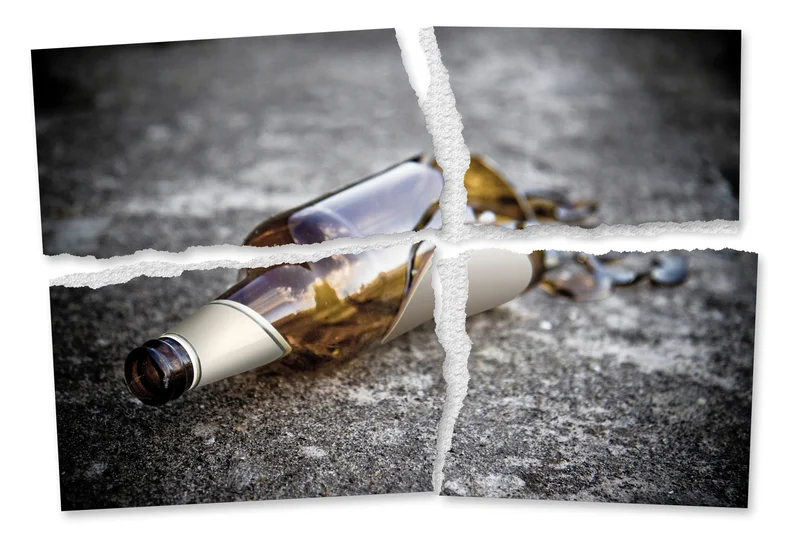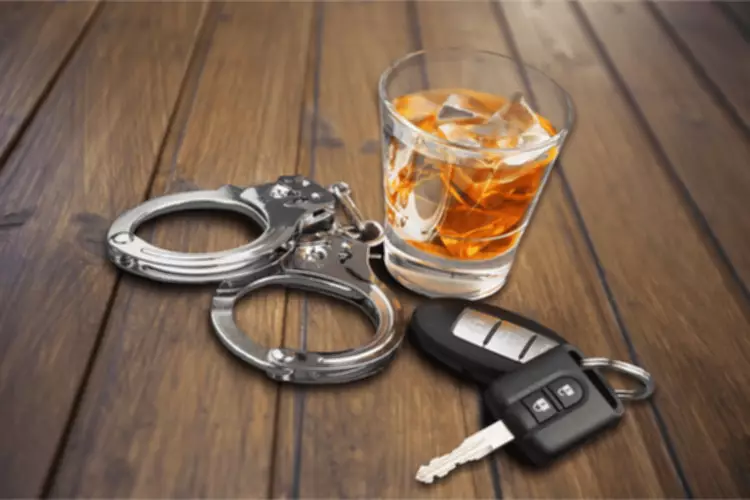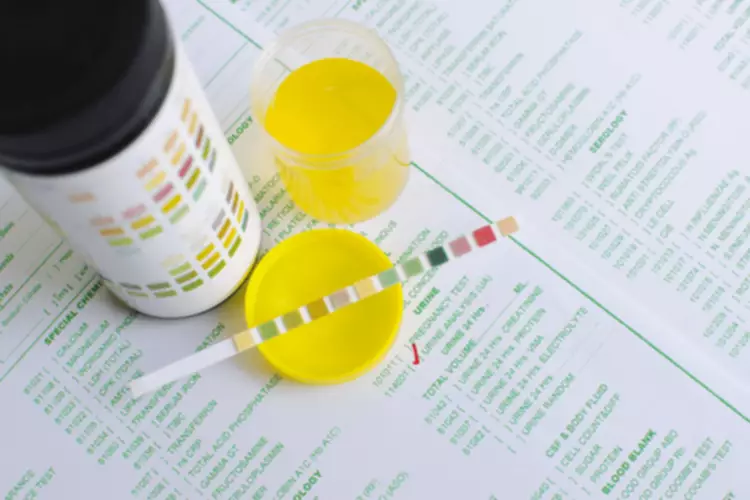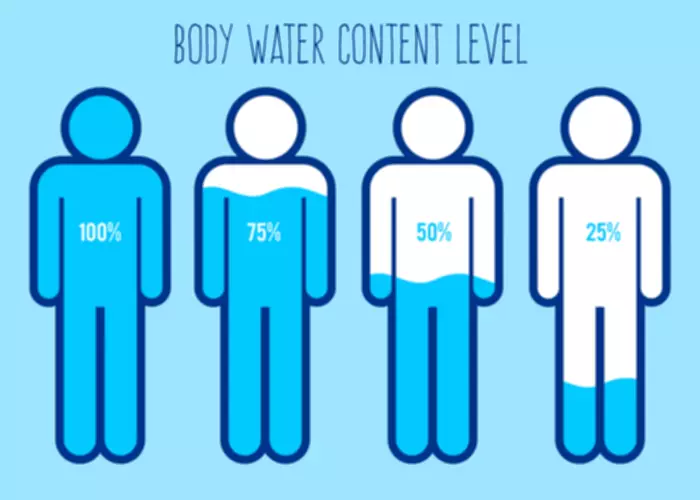
In summary, alcohol’s impact on the gastrointestinal system can have significant consequences for hydration levels. Increased fluid loss through vomiting, enhanced urges for frequent urination, and impaired water absorption in the intestines all contribute to a higher risk of dehydration. It is essential to be mindful of these effects and take appropriate measures to maintain proper hydration when consuming alcohol. One of the hormonal changes that occur when alcohol is consumed is the suppression of anti-diuretic hormone (ADH). ADH is responsible for regulating the amount of water reabsorbed by the kidneys.
- A vodka with soda is likely more hydrating than just a shot of vodka because you’re consuming more fluids from the soda.
- This means they can lead to more significant dehydration effects if consumed excessively.
- When discussing hydration, it’s crucial not just to focus on water intake but also on electrolytes—minerals like sodium, potassium, and magnesium that help regulate bodily functions.
- Finally, a de-protonation event occurs, leading to the creation of an alkene.
Impact on Kidney Function

For chemistry enthusiasts, the voyage from alcohol to alkene is an exciting illustration of how organic molecules can transform and rearrange. Delve into the fascinating world of chemistry by exploring the dehydration of alcohol, an important organic reaction. This in-depth look will provide an understanding of crucial factors involved, from the reaction mechanism to the conversion into alkene.

shop your all day essentials
This not only activates the oxygen but also weakens the bond between oxygen and carbon, setting the stage for the next step. From alcohol to alkene, this process passes through various stages, each stage a testament to the wonder that is Chemistry. And heroin addiction the alkene established here further holds potential for myriad reactions, a versatility that makes organic Chemistry an area of treasured exploration and discovery.

Alcohol Dehydration Symptoms
This scarring impairs liver performance and leads to liver failure. You have to be wary with more complicated alcohols in case there is the possibility of more than one alkene being formed. Butan-2-ol is a good example of this, with no less than three different alkenes being formed when it is dehydrated.
Tips for Staying Hydrated While Drinking Alcohol

Just like a factory needs the right balance of resources to operate efficiently, cells need the right balance of water and electrolytes. When alcohol throws off this balance, it’s like a wrench in the machinery, causing inefficiency and potential damage. After a night of drinking it’s important to make sure you rehydrate.
How to Get Rid of Hangover Shakes
- When alcohol is present in the bloodstream, it can disrupt the delicate balance within our cells.
- For a detailed explanation of how alcohol is metabolized, feel free to check out our blog here.
- Alcohol disrupts frontal cortex functioning, leading to poor judgment, difficulty weighing options logically, and increased impulsivity.
- By incorporating these strategies into your alcohol consumption, you can make more mindful choices when it comes to alcohol and mitigate the risk of dehydration.
- The liver is responsible for processing substances in our body, and it’s no different when alcohol is present.
Electrolytes include magnesium, potassium and sodium and play a key role in nerve transmission, cellular function and muscle contraction. Alcohol and alcohol-induced dehydration can lead to imbalances within these, resulting in weakness, fatigue and muscle cramps – all of which can be dangerous if they’re not dealt with appropriately. This can prematurely age you as you gain more lines and wrinkles on your face. One study with over 3200 participants found excessive alcohol consumption is linked to accelerated facial aging. The effects here include increased facial lines, eye puffiness, loss of facial volume, and broken blood vessels. Dehydration of alcohol is a chemical reaction where a water molecule is removed from an alcohol molecule, typically using a strong acid as a catalyst.
Does alcohol cause dehydration?

The E1 method is based on the dehydration of alcohols in acidic media at high temperatures. And the E2 method is based on the conversion of the alcohol functional group into a good leaving group in non-acidic condition followed by the elimination reaction. In this tutorial we’ll go over the typical conditions for each method, the corresponding mechanisms, and everything you need to know about the dehydration of alcohols for the test.
Three Easy Ways To Prevent Dehydration From Alcohol
Alcohol can trigger inflammation in the body due to its effect on blood vessels. When you consume alcohol, it causes your blood vessels to dilate, leading to a flushed appearance in some individuals. This reaction alcohol dehydrates is particularly evident in those with rosacea or sensitive skin types.
